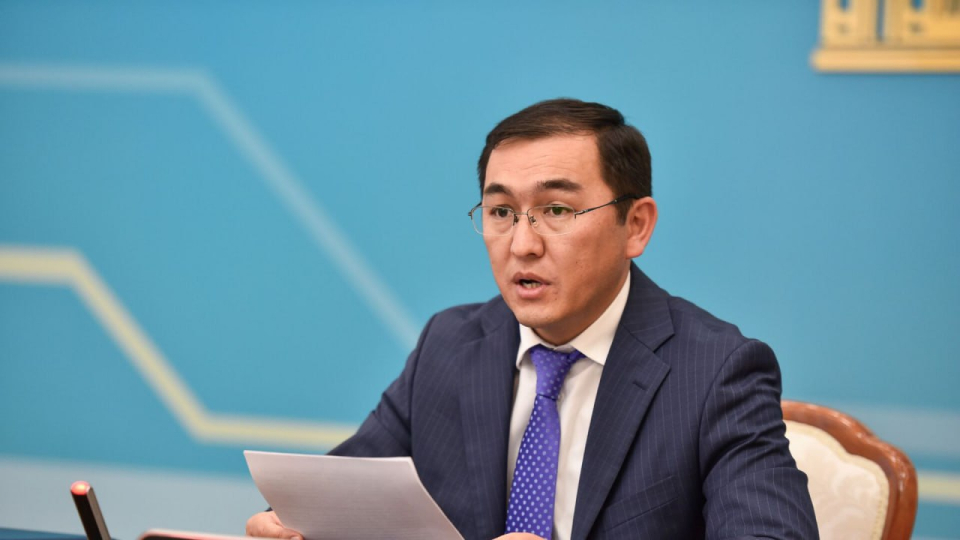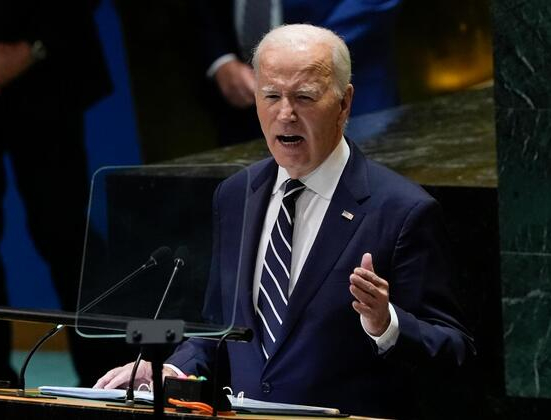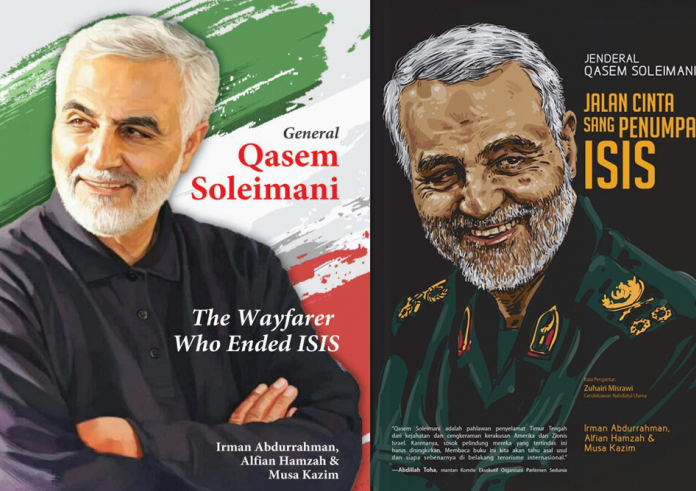The Kazakh authorities have decided to remove the Taliban from the list of organizations banned in the country.
Aibek Smadiyarov, an official from the Kazakh Foreign Ministry, made the announcement during an interview with the state agency Kazinform.
“Kazakhstan regularly reviews the national list of terrorist organizations banned in the Republic of Kazakhstan to update it,” Smadiyarov said. “As part of this process, a decision was made to exclude the Taliban movement, in accordance with UN practice.”
He pointed out that, based on UN Security Council resolutions, the Taliban is not recognized as a terrorist organization.
The Taliban, which came to power in Afghanistan in 2021 after the withdrawal of American troops, is designated as a banned terrorist group in many countries globally. The group’s return to power after being ousted in 2001 concluded with the fall of the capital Kabul on August 15, 2021. President Ashraf Gani fled the country to avoid what he claimed could be “bloodshed.” The group changed Afghanistan’s name to the “Islamic Emirate of Afghanistan,” promising to establish an inclusive government in line with Islamic sharia law.
Speaking on diplomatic relations with the Taliban, Smadiyarov emphasized that Kazakhstan will adhere strictly to decisions and resolutions adopted by the UN Security Council and the UN General Assembly on matters of international significance.
Economic ties between Kazakhstan and Afghanistan have persisted even after the Taliban’s return to power. Afghanistan, with its promising market, has become a significant trading partner for Kazakhstan. In 2022, mutual trade approached $1 billion, marking a significant increase from the year the Taliban seized power in 2021.
Kazakhstan, a major supplier of food products to Afghanistan, plays a vital role in the country’s flour imports. Flour accounted for 70 percent of Afghanistan’s imports from Kazakhstan in 2022. Economic engagement is mutual, with Kazakhstan importing mainly sweet, non-alcoholic drinks from Afghanistan.
More than 50 joint Kazakh-Afghan enterprises operate in Kazakhstan, particularly in the trade sector. The QazTrade Center for Trade Policy Development is actively working to establish and promote export flows towards Afghanistan.
The Afghan market is crucial for Kazakhstan not only due to its large population of 40 million but also because it provides access to markets in nearby Pakistan, India, and the Middle East. Kazakhstan aims to strengthen its economic ties with Afghanistan, as evident in efforts to enhance the trans-Afghan railway infrastructure, extending trade routes for South Asian countries and the Middle East.
Meanwhile, the growth of transportation is considered crucial to the economic future of both Afghanistan and Kazakhstan.
Afghanistan serves as a corridor for travel, providing access to South Asia’s densely populated nations. With vast transit and transport potential, Afghanistan needs an integral system of railways. A small section of the Uzbek-built railway running from Termez, Uzbekistan, to Mazar-i-Sharif, Afghanistan, is located in the country’s north. There is also a short railway line that runs east from Kabul, Afghanistan, to Peshawar, Pakistan.
In 2021, the authorities of Afghanistan, Pakistan, and Uzbekistan agreed to extend the trans-Afghan railway Termez-Mazar-i-Sharif-Kabul-Peshawar. This will benefit not only Tashkent, Kabul, and Islamabad but will also open trade routes for other nations in South and Central Asia as well as the Middle East.

















